HOW MUCH CAN I AFFORD?
Use our home loan calculator to estimate your total mortgage payment, including taxes and insurance. Simply enter the price of the home, your down payment, and details about the home loan, to calculate your mortgage payment, schedule, and more.
FREQUENTLY ASKED QUESTIONS
WHAT IS A DOWN PAYMENT?
The down payment is the initial amount you contribute toward the purchase of a home. While the standard recommendation is 20% of the home’s price, many loan programs allow for lower down payments, sometimes as little as 5%. The more you put down upfront, the smaller your loan amount will be, which can lead to lower monthly payments or allow you to qualify for a more expensive home. A larger down payment can also help you avoid additional costs, such as private mortgage insurance (PMI), which is typically required for loans with less than 20% down.
WHAT IS A LOAN TYPE?
Variable-Rate Mortgage – The interest rate fluctuates based on the market, which can lower or raise your payments.
WHAT IS CONDO FEE?
WHAT ARE LAND TRANSFER TAXES?
GET MORE INFORMATION

